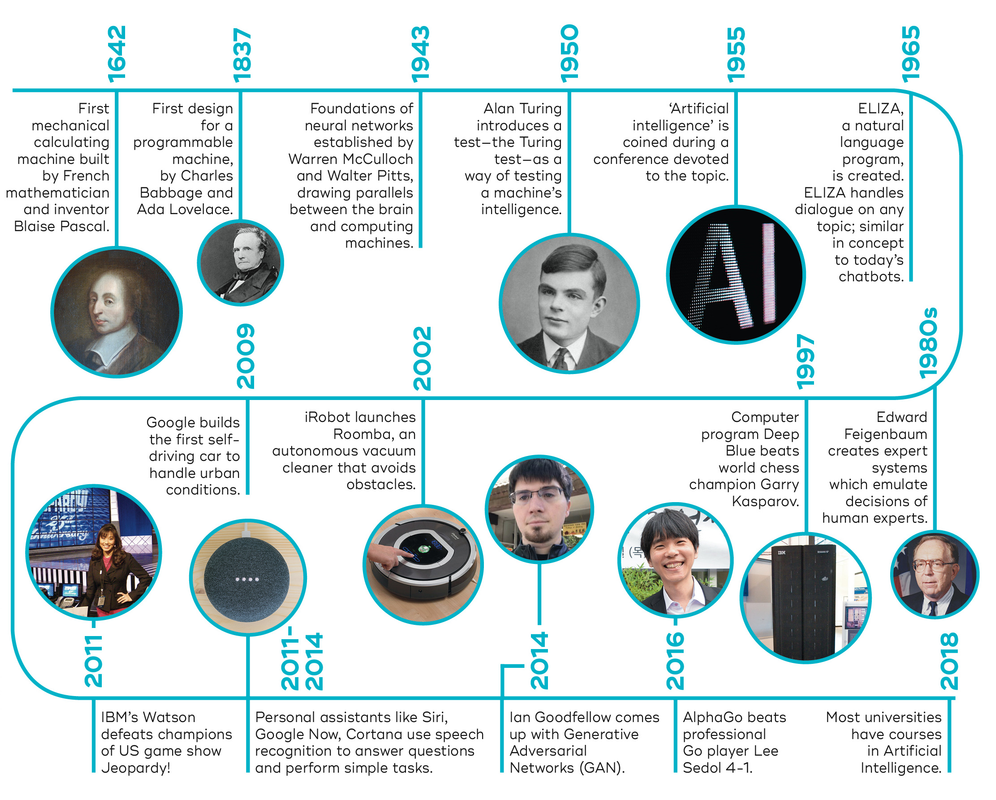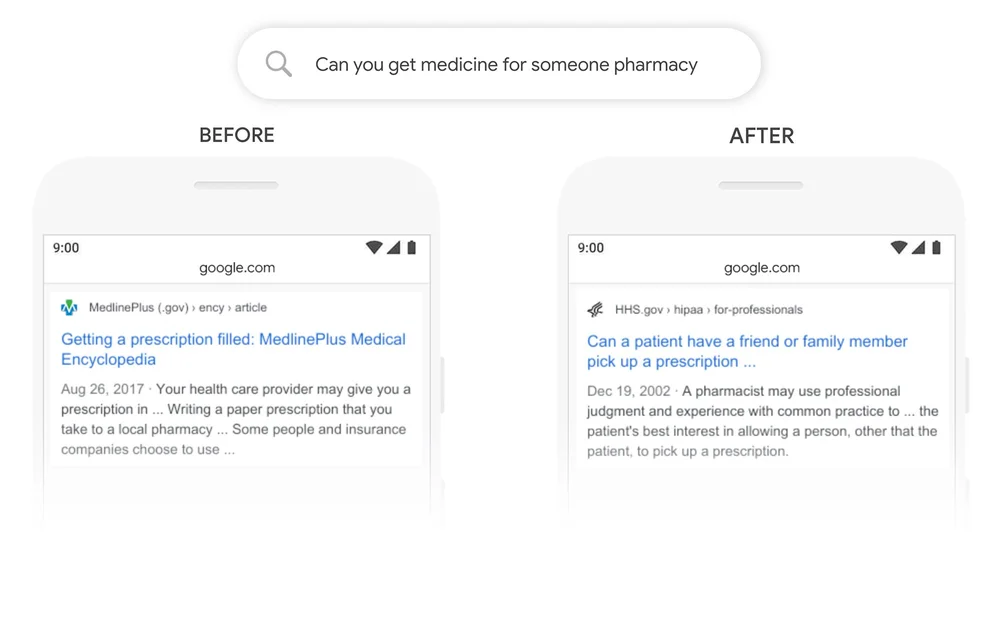A Brief History of AI

Pre-computer AI concepts
Ideas about developing artificial beings with intelligence date back many centuries. Notable examples include:
1200s: Accounts of mechanical automatons able to sing, play instruments, or perform other lifelike actions.
1818: Mary Shelley's Frankenstein explores the idea of artificially created life.
1950s: As computing advanced, scientists start formally studying how to achieve artificial intelligence.
Founding of AI as a discipline
Key events in establishing AI as a scientific discipline include:
1950s: Term "artificial intelligence" coined; Neural network concepts developed.
1956: First academic AI conference held at Dartmouth College.
1997: IBM's Deep Blue defeats world chess champion, demonstrating AI progress.
AI winter and resurgence
1974-1980s: Disappointing early progress led to reduced funding and interest, known as the "AI winter".
1980s: Expert systems and knowledge bases created for more specialised AI applications.
1990s: Machine learning techniques helped AI progress beyond rule-based systems.
1997: Deep Blue's chess victory regains interest in general AI goals.
AI revolution powered by machine learning
Rapid advancement of AI since 2000 is largely driven by machine learning and deep neural networks, enabled by growth in data and computing power.
2001: Machine learning helps Google Search users correct their spelling.

Google search spell correct 2011: IBM Watson's Jeopardy! win highlights improvements in natural language processing.
2016: AlphaGo program becomes first to defeat top human professional player in a complex game of Go.
2019: Natural language understanding helps Google to search better.

language understanding 2020: Protein-folding algorithms and large language models take major leaps forward.
2020: OpenAI introduces the GPT-3 model.
2022: OpenAI launches ChatGPT.
2023: Google launches Google BARD.
The pace of AI capabilities continues to accelerate.
Last updated